Research
ICM specialists are encouraged to participate in research
This could be clinical research, collaborative trials to achieve the required outcomes, journal clubs, literature and systematic reviews, or making contributions to the publication of novel findings in peer-reviewed journals.
Research training for all intensivists
The 2021 ICM curriculum contains 14 Higher Level Learning Outcomes (HiLLOs). HiLLO 3 relates directly to research:
-
HiLLO3: An Intensive Care Medicine specialist will know how to undertake medical research including the ethical considerations, methodology and how to manage and interpret data appropriately
All ICM trainees are required to complete the requirements of HiLLO3; they should know how to ‘undertake medical research including the ethical considerations, methodology and how to manage and interpret data appropriately.’
Understanding of the principles of research, its interpretation and the safe implementation of evidenced based new methods, processes and techniques is essential for the modern, progressive practice of Intensive Care Medicine and in the interests of patients and the service.
Additional academic training
An Academic Research Special Skills Year (SSY) is one of the possible SSY modules in addition to HiLLO 3, and has its own capabilities and levels.
ICM trainees may also train in academic ICM as an Academic Clinical Fellow (ACF) or equivalent. Some ICM trainees may opt to do research leading to a higher degree without being appointed to a formal academic programme.
This should not impact in any way on the facility to take time out of programme for research (OOPR) but as now, such time requires discussion between the ICM trainee, and/or academic/research specialist, the TPD, and the Deanery as to what is appropriate, together with guidance from the FICM that the proposed period and scope of study is sensible.
ICM trainees following this route need to complete all of the essential elements of the ICM curriculum satisfactorily in order to achieve certification. The rate of progression through the clinical component of their training is determined by the ARCP process to ensure that all clinical requirements are met in keeping with the curriculum. The four nations have different arrangements for academic training and ICM trainees should consult their local HEE office or Deanery for further guidance.
FICM-NIHR Research Awards
In conjunction with the NIHR Clinical Research Network, the Faculty offers two awards annually that aim to recognise outstanding contributions from NHS Clinicians to the conduct of NIHR Clinical Research Network portfolio research studies.
There are two awards, funded by FICM, each with a £1,000 prize. The awards are focused on clinicians who undertake research alongside their daytime activities rather than clinical academics.
Click here for more on the FICM-NIHR Research Awards.
ICM Academic Career Story
Dr Andrew Owen trained in ICM and anaesthesia as well as undertaking academic training. Now as a consultant, he has written a case study for the NIHR on his career path and the synergy between ICM and academia.
An ACF enabled me considerable flexibility in my training with protected research time. My academic time was split between assisting with a clinical trial of cytomegalovirus suppression in critical care and undertaking basic science research into mesenchymal stem cell (MSC) biology in the Centre for Liver Research. For me this represented the most efficient way of combining academia with clinical training.
Useful Research Links
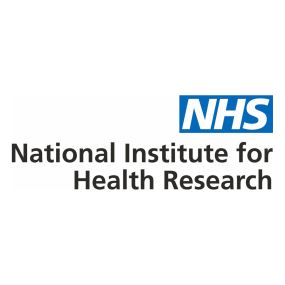
The NIHR is the largest funder of health and care research in the UK and provides people, facilities and technology that enables research to thrive. It has a critical care section that runs relevant specialty studies.
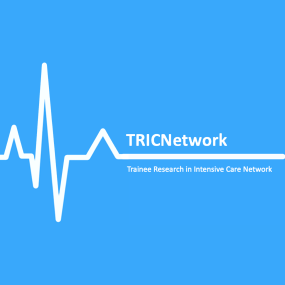
The Trainee Research in Intensive Care (TRIC) Network is a UK-wide group of ICM trainees who aim to facilitate and inspire audit, QI and research in ICM trainees at all levels. You can read an article about their aims in September 2019's edition of our Trainee Eye newsletter.
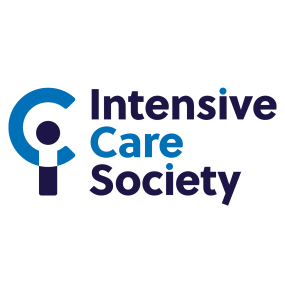
The research grants of the Intensive Care Society are aimed primarily at encouraging new research workers from medically qualified and non-medically qualified professional backgrounds.
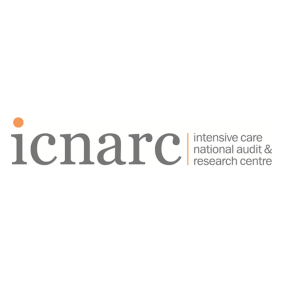
ICNARC (Intensive Care National Audit & Research Centre) manages four national clinical audits, including the Case Mix Programme (CMP). It also manages a broad portfolio of research.
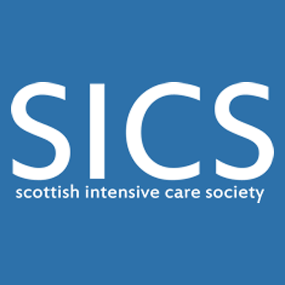
SICSAG (Scottish Intensive Care Society Audit Group) manages a national audit database of patients admitted to adult ICUs in Scotland. It also manages a broad portfolio of research.
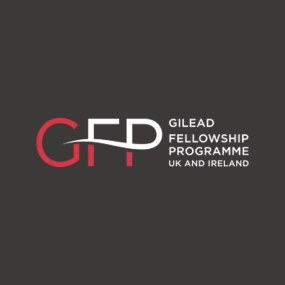
The Gilead UK and Ireland Fellowship Programme awards financial grants to projects that support local innovation and best practice in patient care in HIV, viral hepatitis, invasive fungal disease and cystic fibrosis.
Please visit the Fellowship Programme website for further information.

The ICN (Intensive Care Network) is a collaborative body that aims to improve the longer term care of patients who have suffered critical illness.
Want to know more about training?
Read the ICM curriculum.
